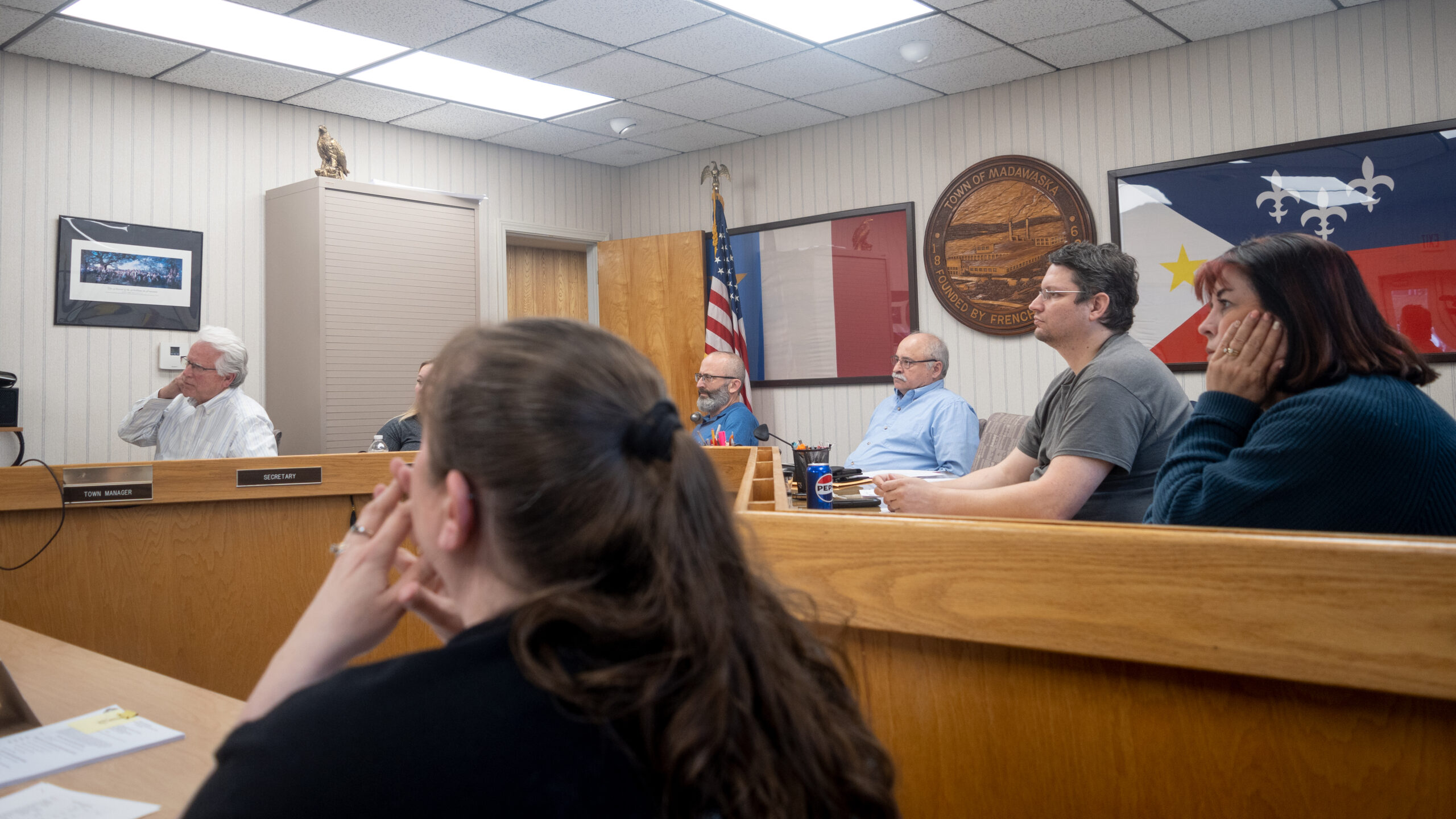
MADAWASKA, Maine – Madawaska residents will be able to vote on two ordinances at the town’s annual meeting later this year. The first is a solar ordinance and the second is for accessory dwelling units.
Madawaska Code Enforcement Officer Denise Deperre said during a meeting on Tuesday that the planning board has approved these two ordinances. She said the planning board was tasked with creating the solar ordinance as the town does not currently have one.
The solar ordinance defines small-scale solar systems as generating less than 50 kilowatts. Large-scale systems are defined as generating over 50kW of power.
Under the proposed ordinance, small-scale solar systems are allowed in all zones. Large-scale systems would be allowed everywhere except for medium and high-density residential zones.
The small-scale systems would need to be first approved by the code enforcement officer, and the larger systems would need to go to the planning board for a site review.
Selectman Jason Boucher asked how this ordinance would affect a normal homeowner who wants to throw a dozen or so solar panels on their roof.
Duperre said she would look at engineering and site evaluation plans which would determine if the home could support the roof mounts needed for an extensive home solar setup.
“Most roof mounts will average between 18 to 27 kilowatts,” she said. For you to have something bigger, over 50, on a roof mount, you would need a huge building.”
In the case of a larger building with a large-scale system, Deperre said site planning and engineering specs would need to show where the walking paths on the roof are, so firefighters could get on the roof and vent it in case of a structure fire.
Duperre said most solar systems should be allowed under this ordinance.
“We didn’t want to make it difficult for our businesses that need these,” she said.
The ordinance also includes a decommissioning plan that includes restoration measures, restorative work on adjacent lands, and a timeline and engineering cost estimate for decommissioning the system.
Selectboard chairperson Richard Dionne asked about proactive safety measures such as fencing. Duperre said this would be handled under the site planning and evaluation part of the process.
The proposed housing ordinance outlines and defines an accessory dwelling unit, which is a unit located within, connected to, or on the same property as a single-family dwelling unit. They’re designed to be occupied by one or more people living independently from the person who owns the primary home on the property.
Duperre said this will be state mandated law, and that each town will need to adopt a policy for these units. She said the board’s only change from the state’s recommendation was to expand the maximum size of these units.
“The state recommends up to 800 square feet,” she said. “The Planning Board thought that was too small and decided on 1,200 square feet.”
Duperre said this expansion would be allowed under state law.
The ordinance also includes a small section regarding density bonuses for affordable housing developments. It would allow up to 250 percent of the base density for units in a development project if it meets the state’s standards of an affordable housing development project.
The selectboard approved placing these two items on the town meeting warrant. The warrant has not been finalized and a date has not been set for the town’s annual meeting. The town’s municipal election is set for June 11 from 8 a.m. to 8 p.m. at the Knights of Columbus Hall on Fox Street.







